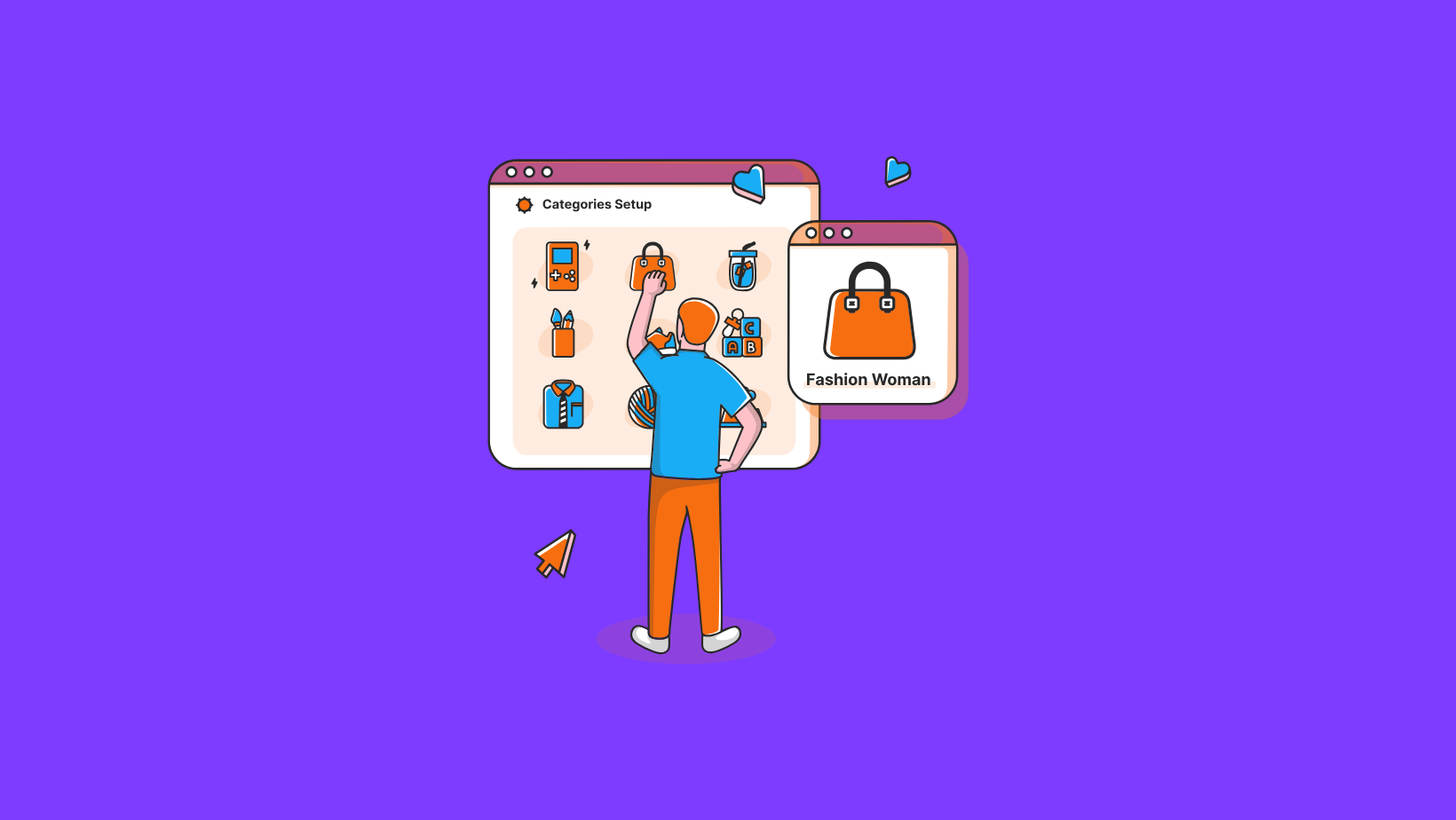B2B e-commerce is evolving rapidly. Faced with increasingly demanding professional buyers, the market has no choice but to adapt. This is prompting companies to review their business models and equip themselves with platforms capable of keeping pace with their growth.
But in 2025, B2B e-commerce is no longer just about creating a showcase site. It means managing complex catalogs, integrating ERP, and proposing personalized purchasing paths, all while ensuring a fluid, reliable experience. In other words, you need a solution that can stand the test of time and that adapts to your business organization.
In this context, platforms such as Shopify, OroCommerce, and Sylius stand out as unavoidable leaders. Each of these solutions follows a different support logic, but they share a common goal: enabling businesses to succeed.
This article will explore these three B2B-oriented platforms, their advantages and disadvantages, and how they can transform your B2B sales strategies.
1. Shopify: A Flexible, Scalable Solution
Shopify is often seen as a dominant player on the e-commerce market. Its ease of use and flexibility appeal to small and large businesses looking to optimize their online store.
Shopify offers an intuitive user interface, enabling businesses to manage their platform even without technical knowledge. Thanks to the advanced customization tools available, creating a store that suits your needs is easy. The platform also makes it possible to launch a B2B site quickly, without investing heavily or depending on heavy development.
It’s an ideal solution for companies that want to structure their digital channel without slowing down their organization. What’s more, the time-to-market is short, it’s easy to get to grips with, and the application ecosystem means the platform can be upgraded as required.
One of its greatest assets is its ability to deliver a seamless user experience. The platform now integrates key B2B functionalities such as corporate account management, personalized payment terms, and specific price lists, while retaining a straightforward interface and a robust technical foundation.
With its pragmatic, stable approach, Shopify B2B is the perfect solution for e-commerce projects with a clear logic. It’s the natural choice for companies that want to get straight to the point without compromising the quality of the customer experience. Integration with Shopify’s ERP, CRM, or other management software systems is straightforward, ensuring seamless data synchronization.
2. OroCommerce: E-Commerce Designed for Complex Business Logic
OroCommerce has been designed to meet the demands of B2B e-commerce. Its robust structure and business-oriented logic make it ideal for complex environments.
The platform natively integrates essential B2B functionalities: company account management, hierarchical user roles, personalized catalogs, segment or customer pricing, bulk orders, quotations, and specific payment terms. Everything is designed to adapt to internal processes without rebuilding these critical bricks.
It’s an ideal solution for companies that need to integrate their e-commerce site with an ERP, CRM, or product repository. OroCommerce makes it possible to structure data exchanges without compromising performance or stability. Its API-oriented logic and compatibility with headless architectures facilitate integration into extended information systems.
On the other hand, the platform requires a rigorous functional scoping phase. It is aimed primarily at companies with complex workflows and a strong need for integration between tools.
In 2025, OroCommerce will be a strategic choice for manufacturers, distributors, and multi-brand groups looking for a platform capable of accurately reflecting their sales organization. It offers a robust framework for building a structured, sustainable, scalable B2B e-commerce business.
3. Sylius: Technological Freedom at the Service of Customized B2B
Today, Sylius is one of the most suitable solutions for complex B2B e-commerce projects. Its open-source, modular structure makes creating a fully customized platform possible. Its architecture enables each component to be adapted to specific business needs.
It’s the ideal solution for integration and data synchronization projects that need to be tailor-made. It stands out for its API-first logic, which facilitates integration with ERP, PIM, or CRM headless architectures. This method makes connecting Sylius to the company’s existing digital ecosystem easy, without adding unnecessary complexity. This gives companies total control to shape their buying journey. Interfaces can be reinvented without constraints, specific business rules integrated from the outset, and the entire back-office adapted to reality.
On the other hand, Sylius requires solid technical support. It is therefore primarily aimed at organizations with specialized partners or experienced IT teams.
By 2025, Sylius will be the essential platform for companies wishing to create B2B e-commerce without making compromises. It is specially designed for industrial structures, trade players, and brands that want to move away from standardized solutions and gain in flexibility.
BluDeskSoft: Your Long-Term Partner for Custom Web & App Solutions
Creating a digital platform is just the beginning. Making it fit your business tools, scale with your needs, and perform reliably over time, that’s where BluDeskSoft makes the difference.
We design and develop custom websites, web applications, and integrations tailored to your architecture and business goals. Every solution is built for security, performance, and long-term value.
From initial scoping to full deployment, we collaborate closely with your team to deliver exactly what you need. Whether you’re building from scratch, migrating from another system, or improving an existing one, we adapt our approach to your context.
Custom development. Scalable architecture. Ongoing maintenance and support.
With BluDeskSoft, your digital platform doesn’t just work – it evolves with you.

